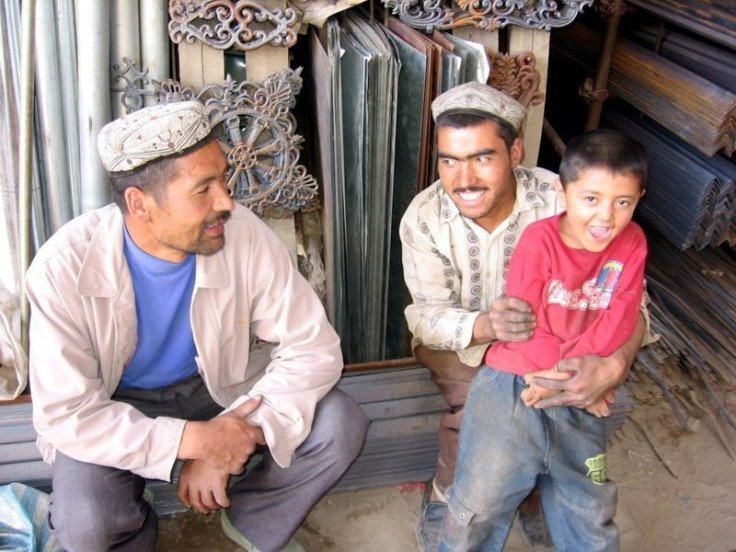Ramadan 2015: China 'bans fasting' for Uighur Muslims

In parts of the far western Xinjiang district, Chinese officials have banned Muslim party members, civil servants, students and teachers from fasting during the holy month of Ramadan.
"China is increasing its bans and monitoring as Ramadan approaches. The faith of the Uighurs has been highly politicised, and the increase in controls could cause sharp resistance," Dilxat Raxit, spokesman for the exiled group, the World Uighur Congress (WUC), said in a Reuters statement.
The Uighur leader saw this as China attempting to control their Islamic faith. He warned that the restrictions would force "the Uighur people to resist [Chinese rule] even further."
Raxit, the Sweden-based spokesman for the WUC, told Radio Free Asia: "They are extracting guarantees from parents, promising that their children won't fast on Ramadan."
According to the Chinese government's website, halal restaurants in Jinghe County, near the Kazakh border, were encouraged by food safety officials to stay open during day hours in Ramadan.
Chinese authorities have set restrictions on Uighur Muslims in the northwestern region of Xinjiang every Ramadan.
Officials are forced to give verbal as well as written assurances "guaranteeing they have no faith, will not attend religious activities and will lead the way in not fasting over Ramadan," state media reported.
Muslim shops and restaurants have also been ordered to sell cigarettes and alcohol or be shut down.
In December 2014, China banned the wearing of Islamic veiled robes in public in Urumqi, the capital of Xinjiang, a predominantly Muslim region.
Beijing is continuing its campaign against "religious extremism", although human rights groups call it religious repression.
Xinjiang, which activists call East Turkestan, has been autonomous since 1955 but continues to be the subject of continued security restrictions by Chinese authorities.
There are eight million Turkish-speaking Uighur Muslims in the northwestern Xinjiang region.
© Copyright IBTimes 2025. All rights reserved.




















